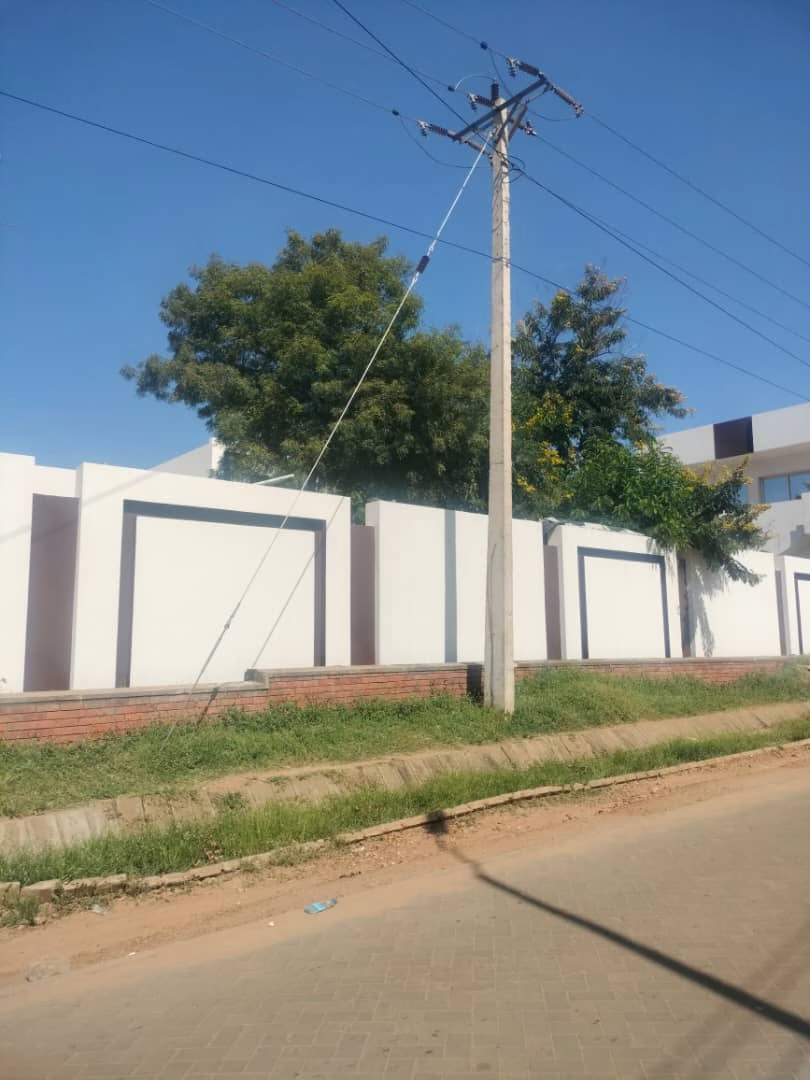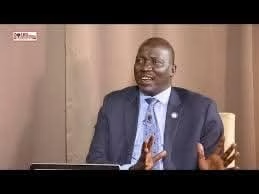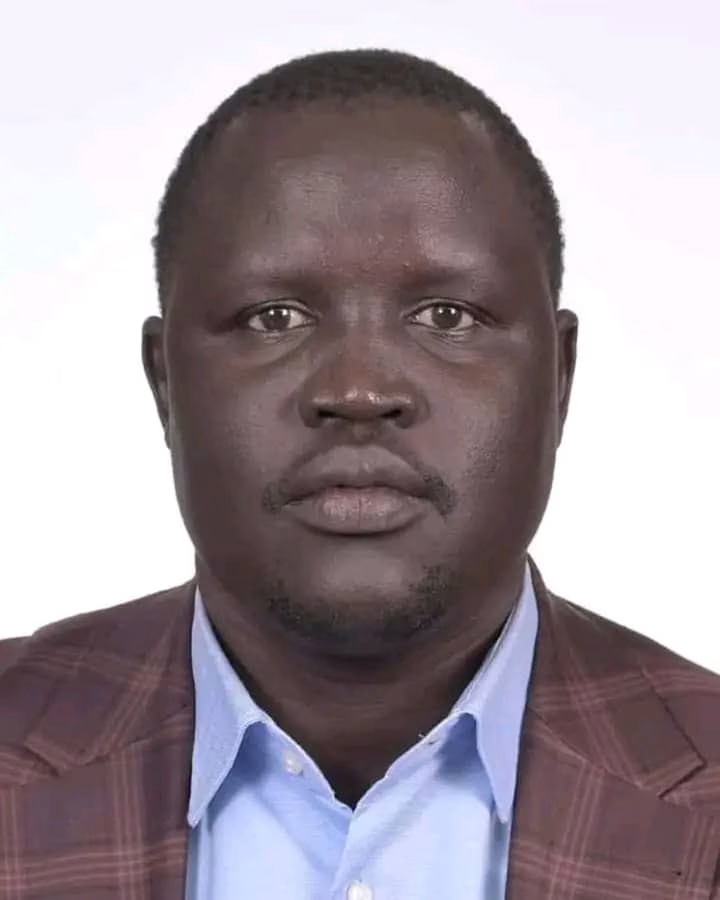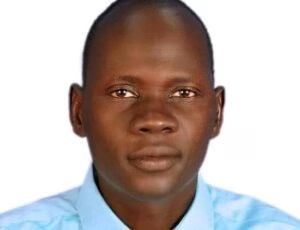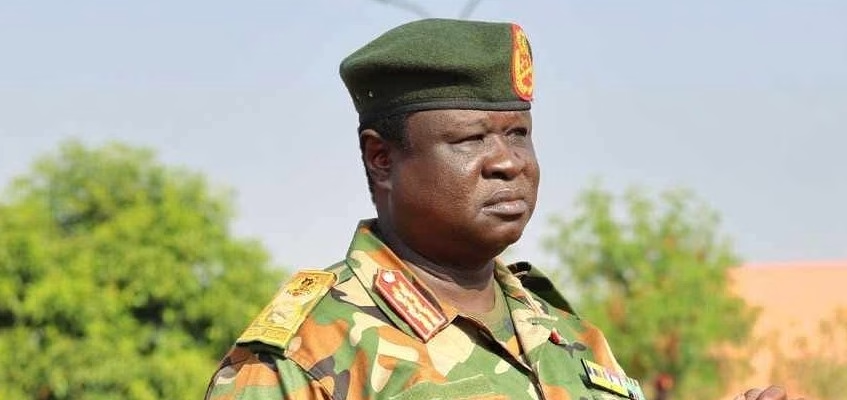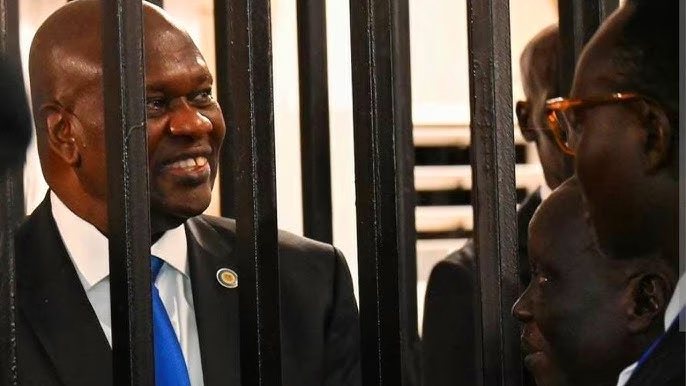*Juba – Deep Focus | UN Report*
A recent report by a United Nations panel of experts has revealed that the Government of South Sudan continues to sell crude oil shipments through prepayment arrangements—often months before actual delivery—amid a lack of transparency and financial accountability mechanisms. The report stated that proceeds from these sales are transferred to offshore bank accounts, particularly in *Kenya, **Uganda, and the **United Arab Emirates*, undermining formal systems for managing public resources.
### *Illegal Financial Arrangements*
According to the report, senior officials in the *Office of the President* and the *Ministry of Finance* wield unchecked power in selecting local companies to receive oil shipments. These companies then resell the oil to international traders for large commissions. The panel described these practices as a direct violation of *South Sudan’s Revenue Management Law*, which mandates that all oil revenues be deposited into official government accounts.
The report further revealed that some of the local companies granted oil shipments have close ties to decision-making circles, raising serious concerns over *influence peddling* and *unlawful profiteering* from state revenues.
### *Offshore Accounts and Cash Shipments*
The report confirmed that oil revenues are initially transferred to a government account at the *Federal Reserve Bank in New York, and then rerouted to banks in **Kenya, **Uganda, and the **UAE. In other instances, large sums of **cash are flown directly to Juba*, bypassing the local accounting systems entirely.
In a documented case, the report noted that one oil purchaser was instructed to transfer payments to an offshore company called *Amok General Trading, which had previously been cited in UN reports as an **unofficial supplier of food* to the *South Sudan People’s Defense Forces*—a clear breach of prevailing financial regulations.
### *Threat to Financial Stability*
The report warned that the ongoing *lack of financial transparency* poses a serious threat to the *national economy, further eroding **public trust* in state institutions. This situation is especially alarming amid mounting debt, delayed sovereign loan repayments, and an escalating crisis in *public sector wages*.
The UN panel called on the international community to *increase oversight* of South Sudan’s oil revenues and external financing. It urged the rebuilding of a transparent financial system and the alignment of public resources with the country’s *development priorities*.
—
📌 *Deep Focus – Because Truth Lies in the Details*
\#SouthSudan #Oil #FinancialCorruption #UN\_Report #OilRevenues #DeepFocus



